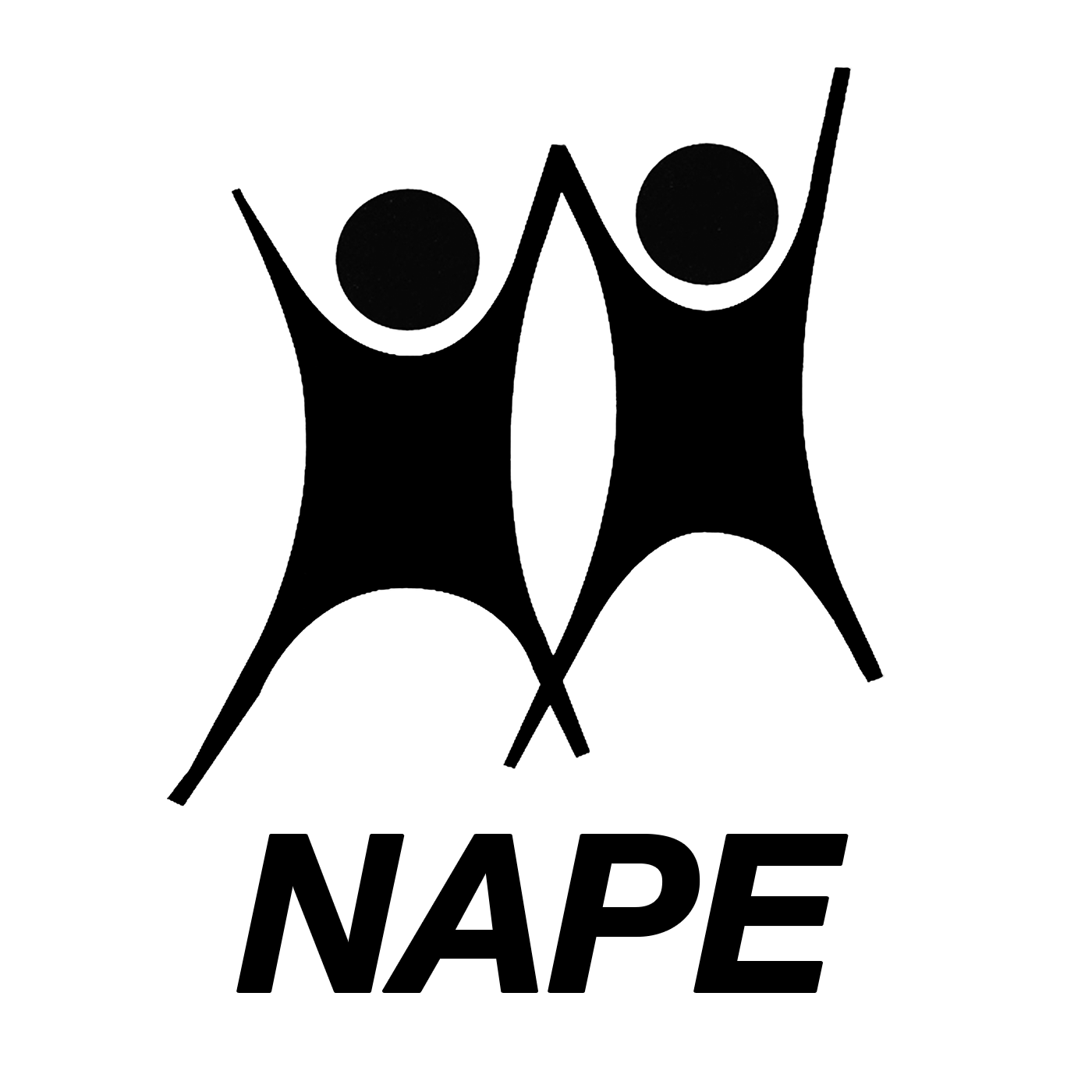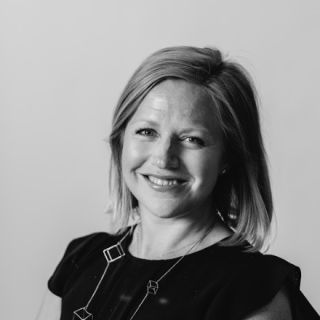Posts by Mark Taylor
Flipped Lifestyle with Shane & Jocelyn Sams. LF033
Shane & Jocelyn Sams join me on the Learning on Fire podcast and explore the most important learning and educational moments that shaped their lives.
Our guest – Shane & Jocelyn Sams
We are Shane & Jocelyn Sams. We are a real family from Kentucky making our entire living on the Internet! If we can do it, so can you!
After years of job losses, bad bosses, and trading time for dollars; we decided to look for something different. On a rare day off work, we discovered online business listening to a podcast. After months of trial and error, we were able to start an online business that would not only replace our income, but earn seven figures online!
Now, we work 10-15 hours a week, and spend our time traveling and enjoying our kids. We never miss their ball games, dance recitals, or field trips. We never have to stress about making appointments or finding the time or energy to spend quality time together.
Online business gave our family freedom we couldn’t imagine. It gave us total control of our lives. That’s living the Flipped Lifestyle!
We started The Flipped Lifestyle Podcast, and created The Flip Your Life Blueprint to help other familes find the freedom we have by working at home, and making money online.
Questions asked on the Learning on Fire Podcast Interview
1. Who are you?
2. What does your life look like now and how is it different from when you were growing up?
3. What was valuable about your school experience?
4. Which teachers do you remember and why?
5. Who did you admire when you were young?
6. What was it about that person that had such an impact?
7. What was the best piece of advice you have ever been given and who gave it to you?
8. What advice would you give your younger self?
9. What does your future look like?
10. What podcast, book, video, film, song or other resource has had the biggest impact on your life and why?
Resources mentioned
Smart Passive Income – Pat Flynn
Contact information
Show Sponsor
National Association for Primary Education
Our aim is to achieve a higher priority for the education of children from birth to 13. High quality learning in the early years of life is vitally important to the creation of an educated society. Young children are not simply preparing for the future, they are living a never to be repeated time of life and the best way to learn is to live.
Punctuation Mats
Do your pupils struggle to use punctuation accurately?
The accompanying activity sheets and display resources also encourage them to use perfect punctuation every time!
To celebrate our English & Literacy season TeachingPacks.co.uk have generously given you the opportunity to download some of their wonderful resources for FREE. During each week of this season I will add a new resource for you to use in your class.
This week:
To download the Punctuation Mats please click the link below.
Mark Warner from Teaching Packs has given Education on Fire a coupon code for you to join their membership of Teaching Packs Plus for just £19.50.
Please click below for details.
Robert Young General Secretary – NAPE 026
In the latest episode of ‘Meet the National Council’ I interview Robert Young General Secretary and Interim Chair of National Association for Primary Education.
Robert Young
General Secretary

Robert has been active in NAPE since 1986 when NAPE SE London was established as a university based branch and was elected as its first chair, remaining in post until 2013. His professional background is in initial teacher education, having been involved in higher education since 1973, retiring from full-time work in 2007. Since then he has continued to support the University of Greenwich as a part-time link-tutor in schools and doing some external examining for other universities. Semi-retirement has also enabled him to develop his interest in school governance, both as a chair of governors in a Greenwich primary school and as a national leader for governance.
For more information about National Association for Primary Education please visit
095: My education expert discusses English and literacy
Peter Cansell talks to me about his thoughts on the English & literacy season so far.
Peter is my resident education expert. The person who provides the bigger picture and will tell me that you can’t just play music all day at school other subjects are important too!
 Peter has been in education professionally for 35 years, teaching in middle schools in Oxford, doing advisory work, teaching higher education and as a Primary Headteacher at Harwell Primary School. He retired from that post in September 2014, but has continued as Chair of OPHTA (Oxfordshire Primary Headteachers’ Association), was elected to become Chair of the National Network of Chairs of Headteachers’ Groups in June 2014 and was delighted to have become a NAPE council member this year, serving on the editorial board for Primary First. In January of 2015 he co-founded the Oxford School of Thought, an independent education think tank. He is a trustee and chairs the management committee of another charity, Full Circle, which is well regarded for its ground breaking intergenerational work.
Peter has been in education professionally for 35 years, teaching in middle schools in Oxford, doing advisory work, teaching higher education and as a Primary Headteacher at Harwell Primary School. He retired from that post in September 2014, but has continued as Chair of OPHTA (Oxfordshire Primary Headteachers’ Association), was elected to become Chair of the National Network of Chairs of Headteachers’ Groups in June 2014 and was delighted to have become a NAPE council member this year, serving on the editorial board for Primary First. In January of 2015 he co-founded the Oxford School of Thought, an independent education think tank. He is a trustee and chairs the management committee of another charity, Full Circle, which is well regarded for its ground breaking intergenerational work.
Show Sponsor
National Association for Primary Education
Our aim is to achieve a higher priority for the education of children from birth to 13. High quality learning in the early years of life is vitally important to the creation of an educated society. Young children are not simply preparing for the future, they are living a never to be repeated time of life and the best way to learn is to live.
Kognity with Karin Bjerde. LF032
Karin Bjerde joins me on the Learning on Fire podcast and explores the most important learning and educational moments that shaped her life.
Our guest – Karin Bjerde
Karin Bjerde is Head of Strategic Growth at Kognity, and a true global citizen having lived abroad most of her life. She has been named one of the world’s 75 future global leaders by Goldman Sachs and the Institute of International Education, and is now channeling this to challenge, rethink, and ultimately improve existing norms in education, firmly believing in the power of combining technology and pedagogy. Karin has a MSc in Economics, and worked at Morgan Stanley for 4 years before joining Kognity.
Questions asked on the Learning on Fire Podcast Interview
1. Who are you?
2. What does your life look like now and how is it different from when you were growing up?
3. What was valuable about your school experience?
4. Which teachers do you remember and why?
5. Who did you admire when you were young?
6. What was it about that person that had such an impact?
7. What was the best piece of advice you have ever been given and who gave it to you?
8. What advice would you give your younger self?
9. What does your future look like?
10. What podcast, book, video, film, song or other resource has had the biggest impact on your life and why?
Resources mentioned
Contact information
Show Sponsor
National Association for Primary Education
Our aim is to achieve a higher priority for the education of children from birth to 13. High quality learning in the early years of life is vitally important to the creation of an educated society. Young children are not simply preparing for the future, they are living a never to be repeated time of life and the best way to learn is to live.





